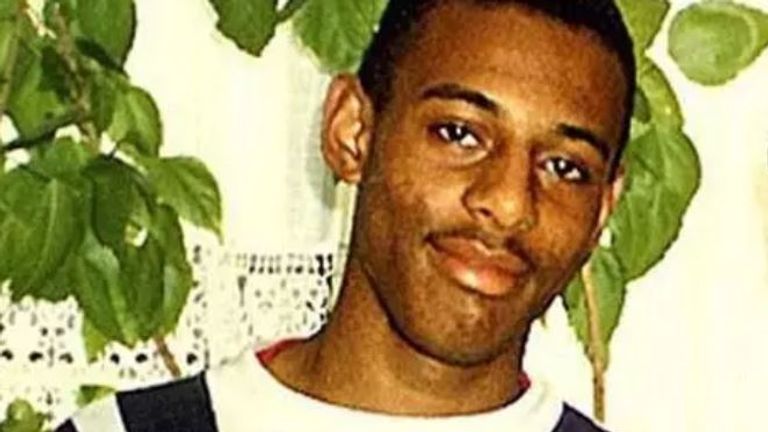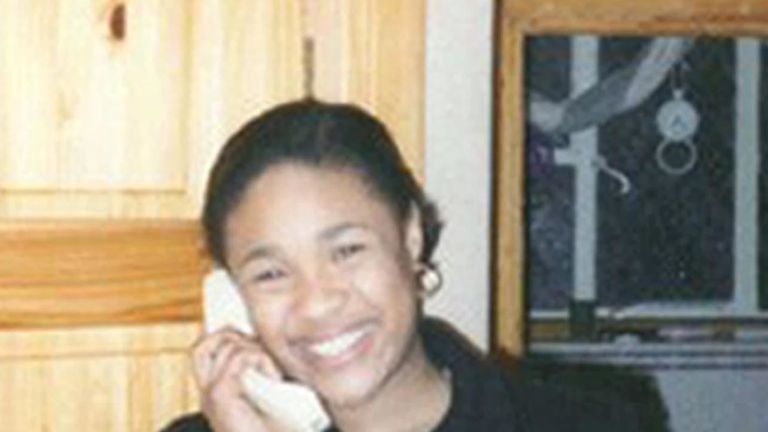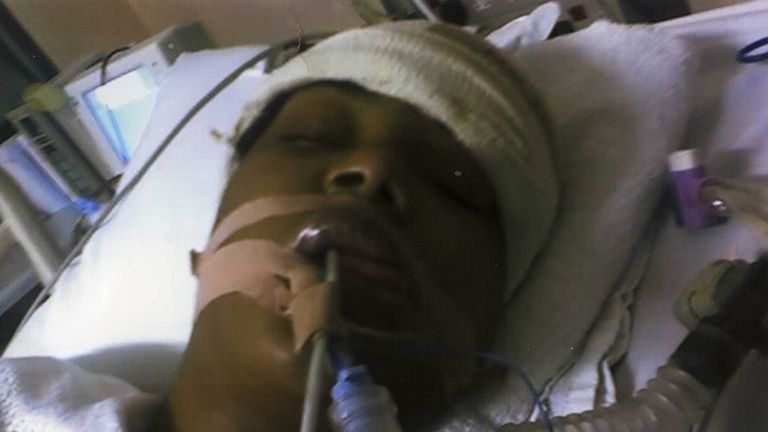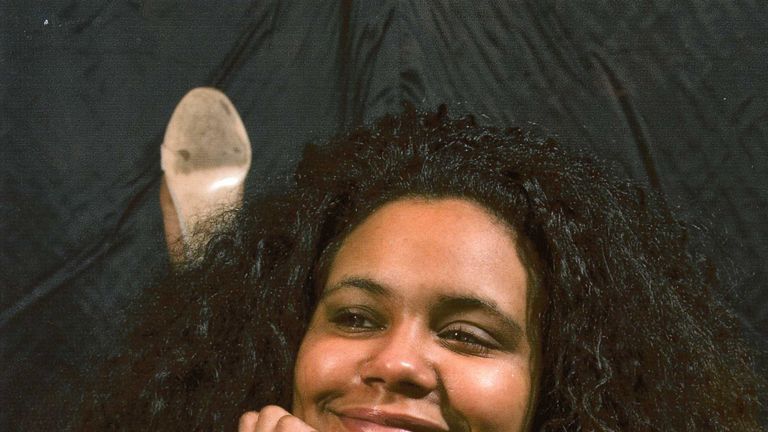How scrapping double jeopardy has brought killers to justice
A mother whose young daughter was killed by her ex-boyfriend has said changes in the law after the murder of Stephen Lawrence gave her and other bereaved relatives a shot at justice.
Sunday marks 20 years since the Macpherson report into the Lawrence case recommended scrapping the centuries-old double jeopardy rule, which prevented a defendant, once acquitted, from being retried for the same crime.
Double jeopardy was eventually scrapped in 2005, allowing police and prosecutors to bring offenders to justice if they have new and compelling evidence against them.
It paved the way for the retrial and successful conviction of Gary Dobson in 2012, who had been involved in Lawrence’s racist murder in 1993.
Three years before Gary Dobson stood trial, ex-footballer Mario Celaire became the first person to be convicted under the double jeopardy law change, having previously been cleared by a jury.
The former Maidstone United player was found not guilty in 2002 of killing Cassandra McDermott, 19, after beating her unconscious and leaving her under a duvet to choke to death.
Cassandra’s mother Jennifer campaigned for years for the change in the law which eventually brought Celaire back before the courts.
Reflecting on her daughter’s case, to mark the anniversary of the Macpherson report, Ms McDermott told Sky News: “Losing a child is one of the hardest things to go through.
“It affected us very deeply, it was so very difficult to live through the trauma of losing her.”
Ms McDermott, who now runs a southwest London centre for others caught up in the cycle of domestic violence, said knowing her daughter’s killer was allowed to walk free was unbearable.
She said: “From the outset, we just knew it was him, the police knew it was him. It was difficult to accept that this person had committed such a heinous crime and got away with it.
“When I saw him walking on the street, as if he’d done nothing wrong, that really upset me.”
Ms McDermott said she even contemplated violence against Celaire: “There were times when I felt ‘if I see him, I’m going to run him down with the car’.
“I felt so angry because I felt so let down by the criminal justice system. There was this man, who had committed this crime, but yet he was allowed to walk free.”
Mario Celaire went on to attack a second young woman Kara Hoyte, who was left with brain damage and partly paralysed.
She was praised at trial for testifying against her attacker, telling authorities he had previously confessed to her that he killed Cassandra McDermott.
Miss Hoyte’s testimony allowed prosecutors to launch a successful appeal to have the teenager’s killer retried.
Celaire later pleaded guilty to manslaughter and was sentenced to 23 years years in prison for killing Cassandra and attacking Kara.
Detective Sergeant Matt Flynn, one of the original investigating officers who went after Mario Celaire, said he would have hurt other women if he had not been caught.
He added: “He was a dangerous man. There was no doubt in our mind that he was the main suspect for killing Cassandra McDermott, even after the acquittal.
“We didn’t give up and sadly, because of the offence committed against Kara, it gave us the opportunity to go back and prosecute Celaire.”
The detective praised Jennifer McDermott and her family for their years of persistence and determination to find justice for Cassandra.
He said: “Cassandra’s family are a lovely family, Jennifer never gave up, the sisters never gave up.
“We worked with them, this was a real case of working with them even after the negative result of the acquittal, they never gave up hope… We never gave up hope that something would come along. It did, it gave us an opportunity to go back and working with them, we progressed the case for them.”
At the time Macpherson recommended scrapping double jeopardy, there was a great deal of concern within the legal profession about the repeal of a clause which had stood as a fundamental principle for 800 years.
There are now strict safeguards to help ensure the removal of double jeopardy is not abused by prosecutors to simply have another trial if they do not get the result they want from the first hearing.
David Greene, vice president of the Law Society, told Sky News: “There are tight restrictions on when there could be a retrial. For instance, there has to be new and fresh evidence.
“It can’t be evidence, for instance, that the prosecution has held back at the first trial.
“It has to be compelling evidence and has to be new and fresh so it has to pass those tests.
“It also has to be approved by the director of public prosecutions, it has to go to the Court of Appeal and they apply very tight tests to whether there should be a retrial.”
Although the changes to double jeopardy have been in place for 14 years, there have only been a handful of retrials.
Ms McDermott believes that, despite initial concerns over its possible abuse by prosecutors, the change has been largely positive, saying: “It’s an opportunity for many families who’ve had no hope. It gives them some hope that they can eventually see justice.”
Source: Read Full Article






